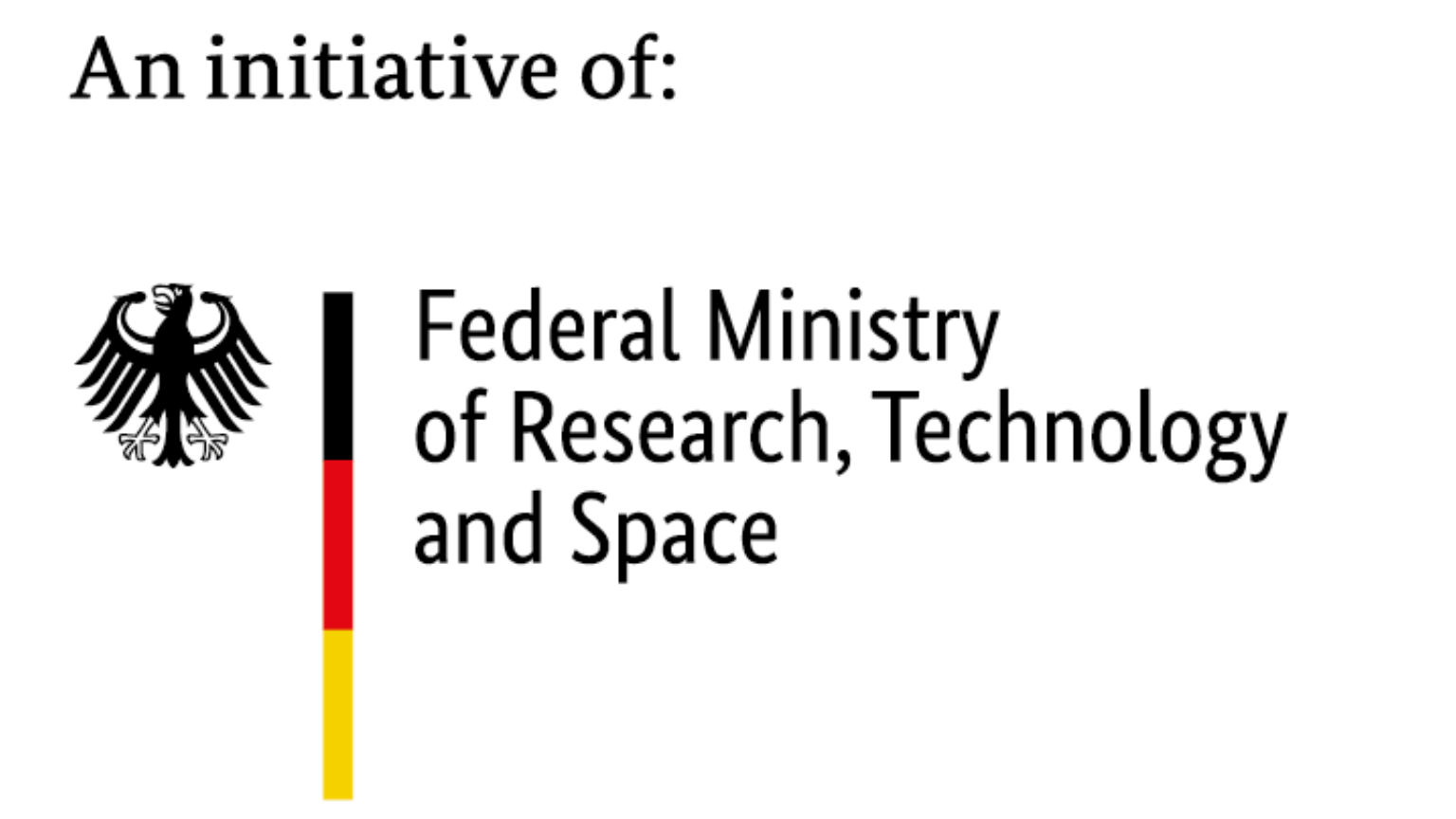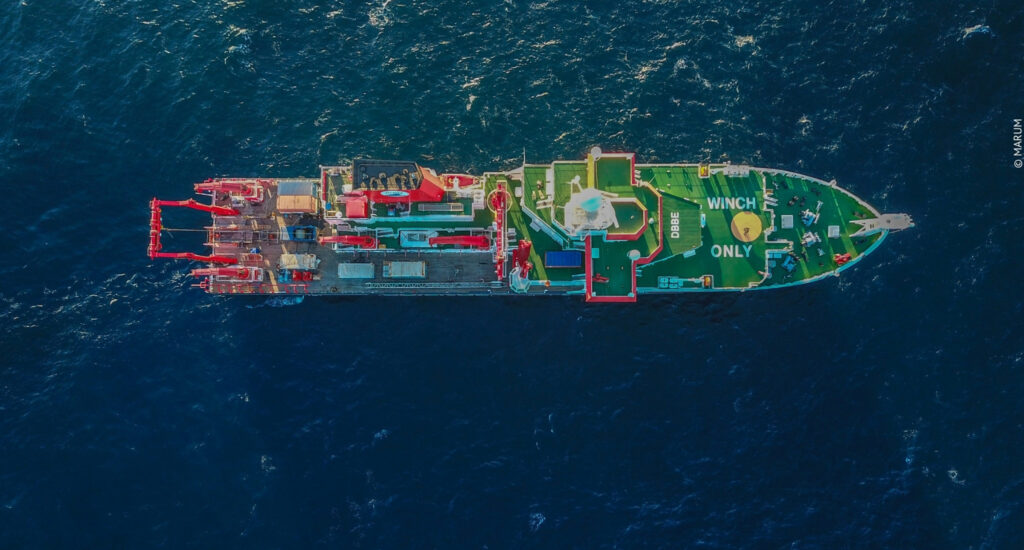
Ocean Online
A Web-based Information Platform of the German Marine Research
The web-based information platform “Ocean Online” offers scientific information for everyone interested in coasts, seas and oceans – knowledge that can be used to better protect the oceans and make their use by humans more sustainable.
Ocean Online combines the expertise of German marine research and offers comprehensible knowledge as a basis for decision-making for politics, administration, business and civil society.
Go directly to the information portal: OCEAN ONLINE
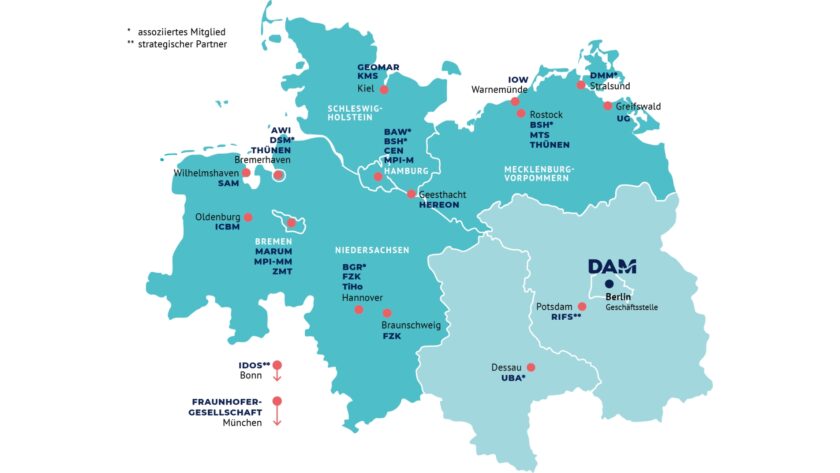
The information platform is being developed with German Marine Research Alliance members. Furthermore, in cooperation with the German Research Center for Artificial Intelligence (DFKI), an AI-supported semantic search function is being developed. In cooperation with the Informationsdienst Wissenschaft (idw), ocean and climate related research press releases will also be available in a searchable format.
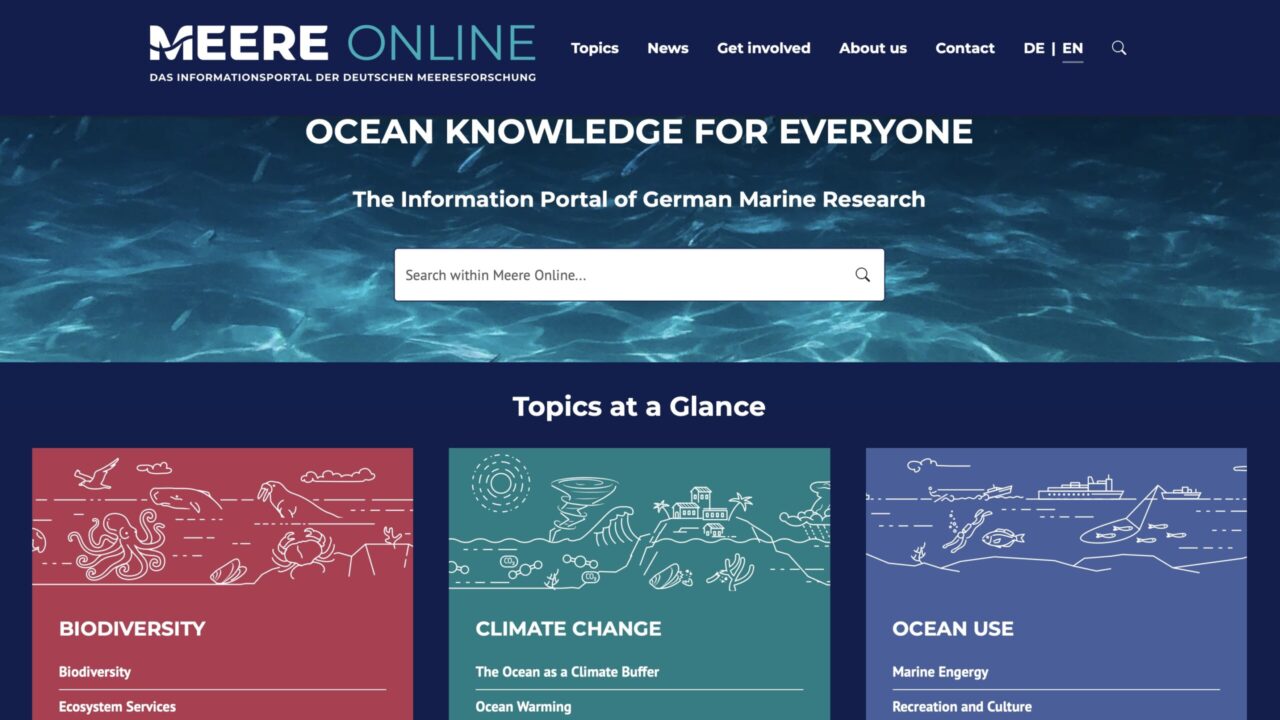
You are currently viewing a placeholder content from YouTube. To access the actual content, click the button below. Please note that doing so will share data with third-party providers.
More Information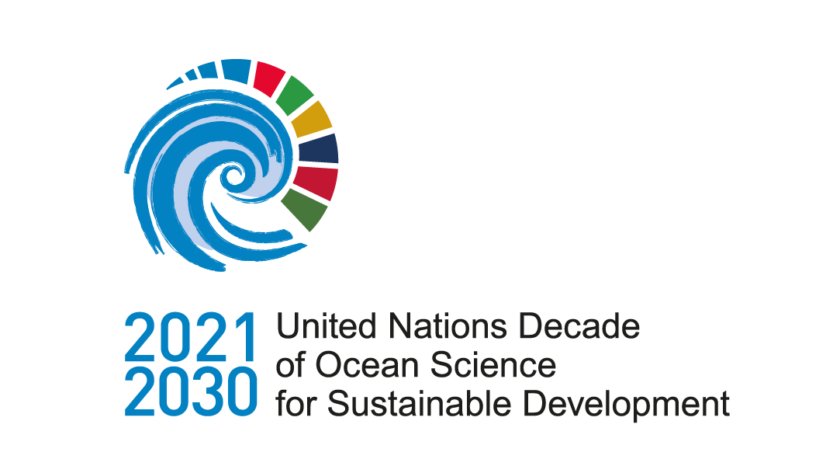
Ocean Online is recognized as an official project of the UN Ocean Decade. This Decade aims to achieve transformative ocean science solutions for sustainable development, connecting people and our ocean.
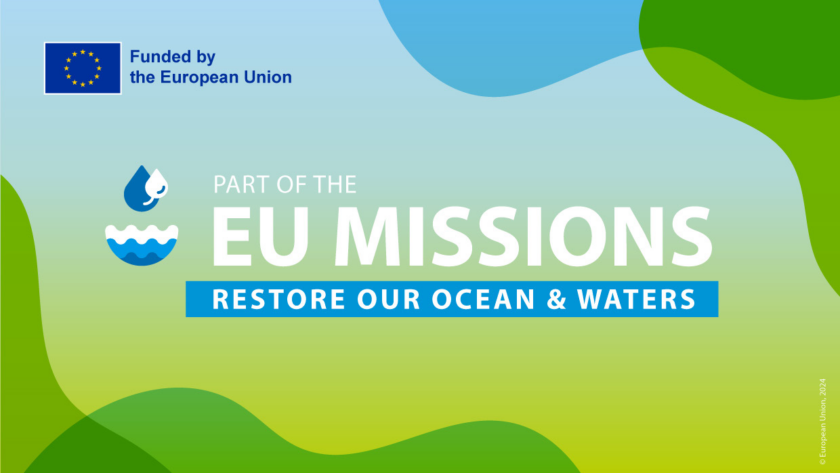
Ocean Online is an official contribution to the EU mission Restore our Ocean and Waters. With a 2030 target, the EU Mission aims to protect and restore the health of our ocean andwaters through research and innovation, citizen engagement, and investments in the blue economy.
Newsletter
Always up to date with the DAM newsletter. (German only)
